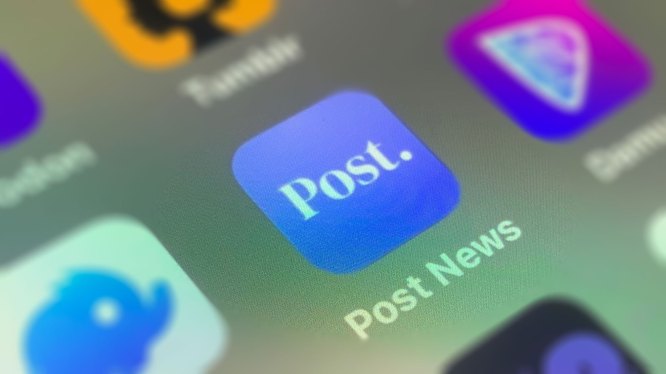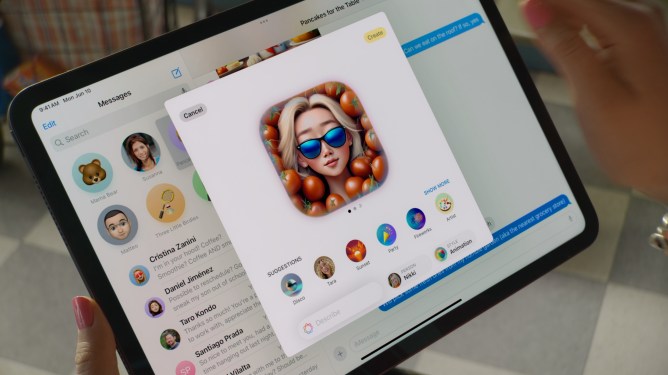Apple’s Crusade Against NSO Group Continues
In a significant development, Apple has sent threat notification alerts to victims of state-sponsored hackers in Thailand, El Salvador, and Uganda. This move comes just hours after the tech giant filed a lawsuit against Israeli spyware maker NSO Group.
Thailand
At least six Thai activists and researchers who have been critical of the government have received the notification. These individuals include Prajak Kongkirati, a political scientist at Bangkok’s Thammasat University; researcher Sarinee Achananuntakul; and Yingcheep Atchanont, a Thai activist from the legal monitoring group iLaw.
Citizen Lab, which tracks illegal hacking and surveillance, identified in 2018 a Pegasus spyware operator active within Thailand. The alerts — designed to inform and assist users who may have been targeted by state-sponsored attackers — were also sent to a number of users in El Salvador.
El Salvador
This includes 12 employees from El Faro, an online digital newspaper that has been notoriously critical of the government, as well as two leaders of civil society organizations and two opposition politicians. The alert warns:
"Apple believes you are being targeted by state-sponsored attackers who are trying to remotely compromise the iPhone associated with your Apple ID. These attackers are likely targeting you individually because of who you are or what you do. If your device is compromised by a state-sponsored attacker, they may be able to remotely access your sensitive data, communications, or even the camera and microphone. While it’s possible this is a false alarm, please take this warning seriously."
Uganda
Norbert Mao, the president of the Democratic Party in Uganda, also said on Twitter that he had received the threat notification.
Apple’s Lawsuit Against NSO Group
The alert from Apple warns: ‘Apple believes you are being targeted by state-sponsored attackers who are trying to remotely compromise the iPhone associated with your Apple ID. These attackers are likely targeting you individually because of who you are or what you do.’
Apple on Tuesday sued NSO Group to seek a permanent injunction to prevent the spyware maker from using any Apple product. This would make it more difficult for the company to find and exploit vulnerabilities in iPhone software and hack its targets.
‘The steps we’re taking today will send a clear message: In a free society it is unacceptable to weaponize powerful state-sponsored spyware against those who seek to make the world a better place,’ said Apple’s security chief Ivan Krstić. ‘Apple runs one of the most sophisticated security engineering operations in the world, and we will continue to work tirelessly to protect our users from abusive state-sponsored actors like NSO Group.’
What is Pegasus Spyware?
Pegasus spyware is a highly advanced surveillance tool developed by NSO Group. It can remotely access a device’s camera, microphone, and other sensitive data.
Apple has been actively working to protect its users from such threats. The company’s lawsuit against NSO Group aims to prevent the use of Pegasus spyware on Apple devices.
What Does This Mean for Users?
The threat notifications sent by Apple will inform affected users about potential state-sponsored hacking attempts. While these notifications may cause alarm, they can help users take necessary precautions to protect themselves.
Apple’s lawsuit against NSO Group is a significant development in the ongoing battle against state-sponsored hackers and spyware makers.
Why is Apple Taking Action Against NSO Group?
The tech giant has been vocal about its concerns regarding state-sponsored hacking. Apple believes that such practices are unacceptable, especially when targeting individuals who seek to make the world a better place.
Apple’s security chief Ivan Krstić emphasized: ‘In a free society it is unacceptable to weaponize powerful state-sponsored spyware against those who seek to make the world a better place.’
What Can Users Do to Protect Themselves?
To protect themselves, users can take the following steps:
- Regularly update their iPhone software to ensure they have the latest security patches.
- Use strong passwords and enable two-factor authentication (2FA) for added security.
- Be cautious when clicking on links or downloading attachments from unknown sources.
By taking these precautions, users can significantly reduce their vulnerability to state-sponsored hacking attempts.
Conclusion
Apple’s lawsuit against NSO Group marks a significant step in the ongoing battle against state-sponsored hackers and spyware makers. The threat notifications sent by Apple will inform affected users about potential state-sponsored hacking attempts and help them take necessary precautions to protect themselves.
The tech giant’s commitment to protecting its users from such threats is commendable, and this development serves as a reminder of the importance of cybersecurity in today’s digital age.



